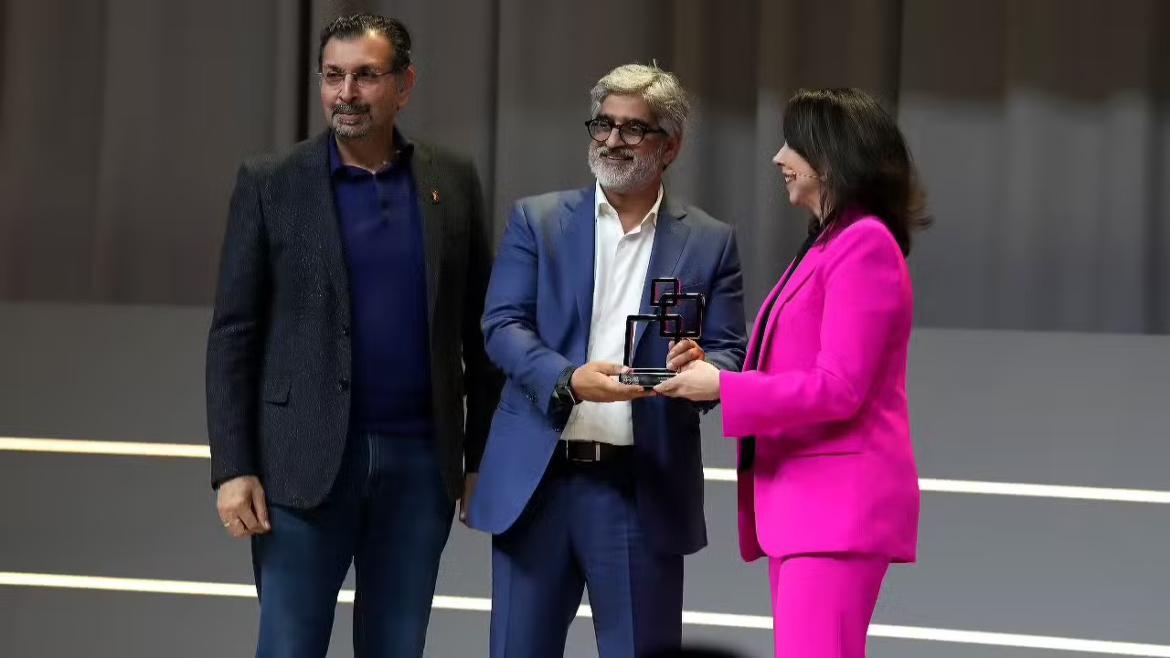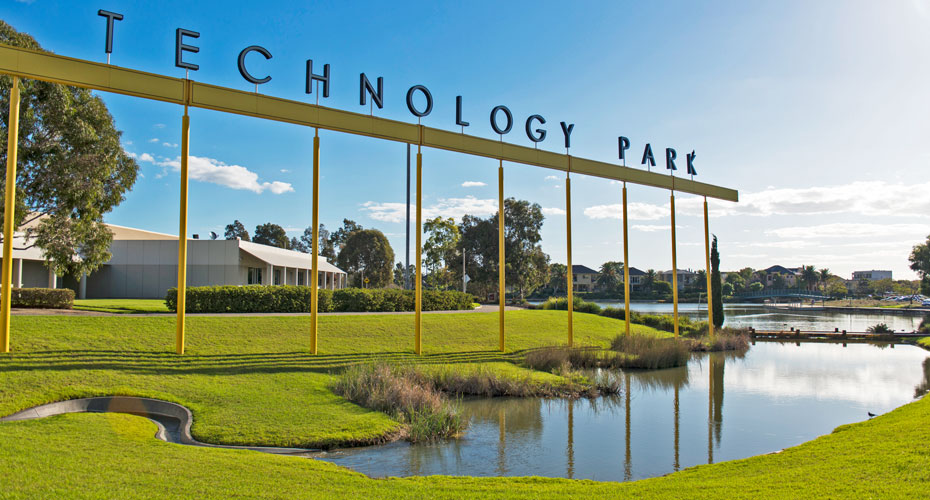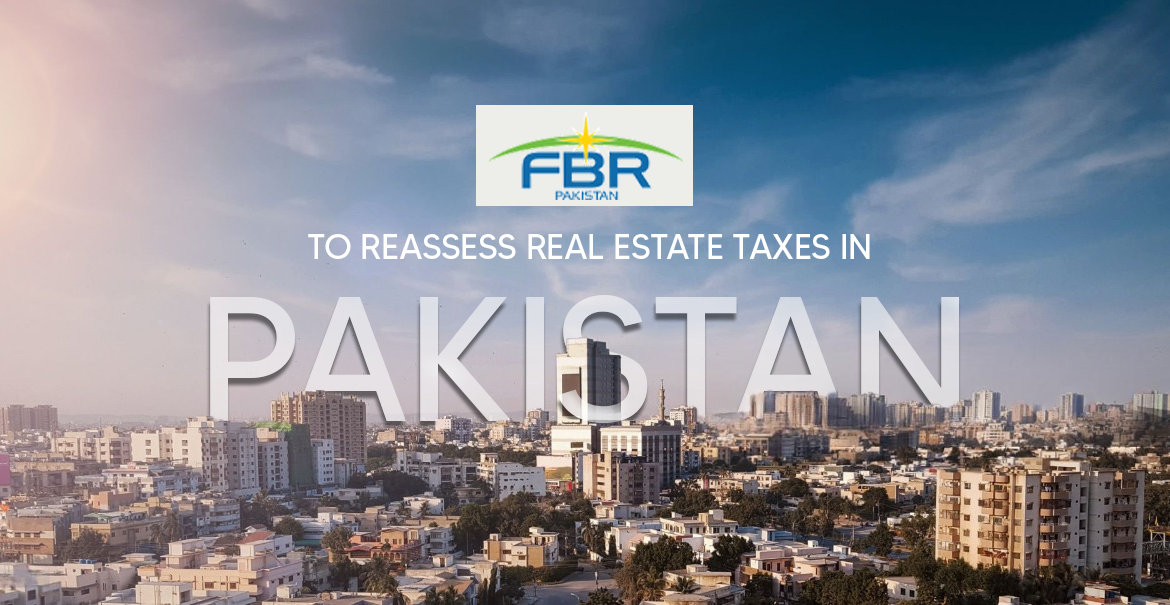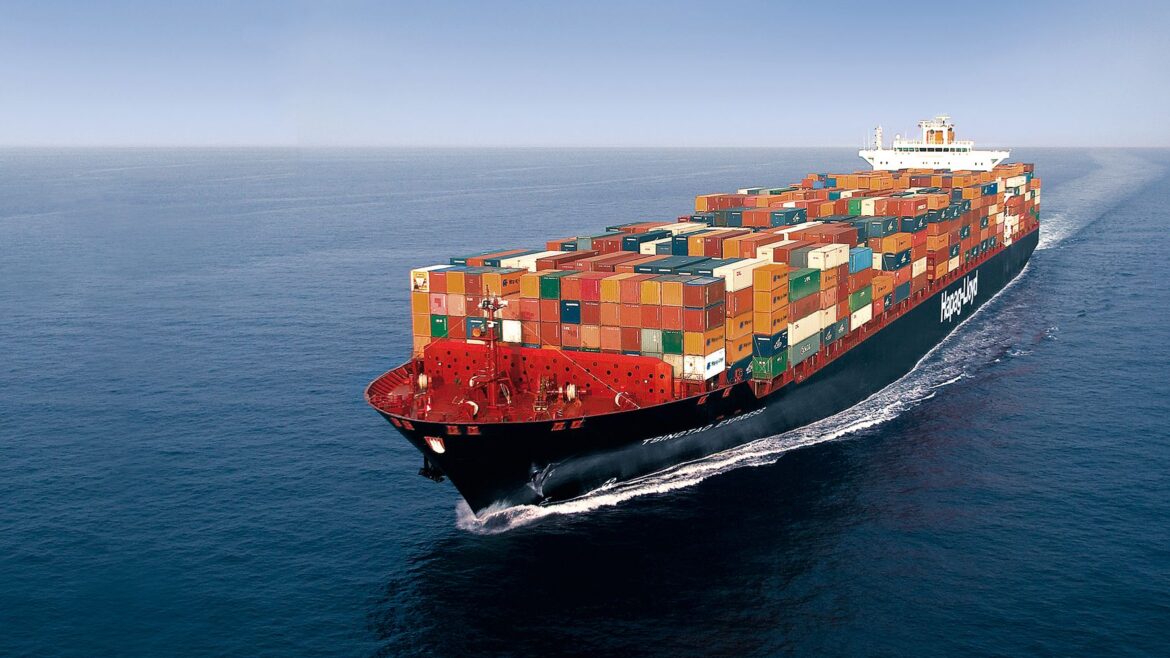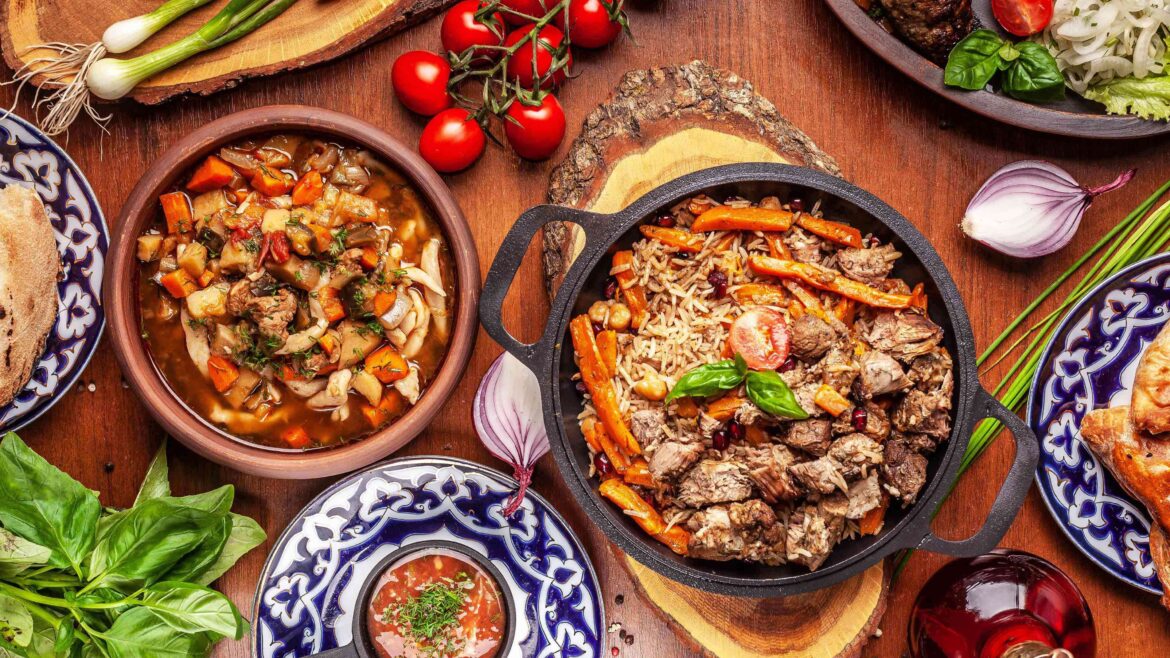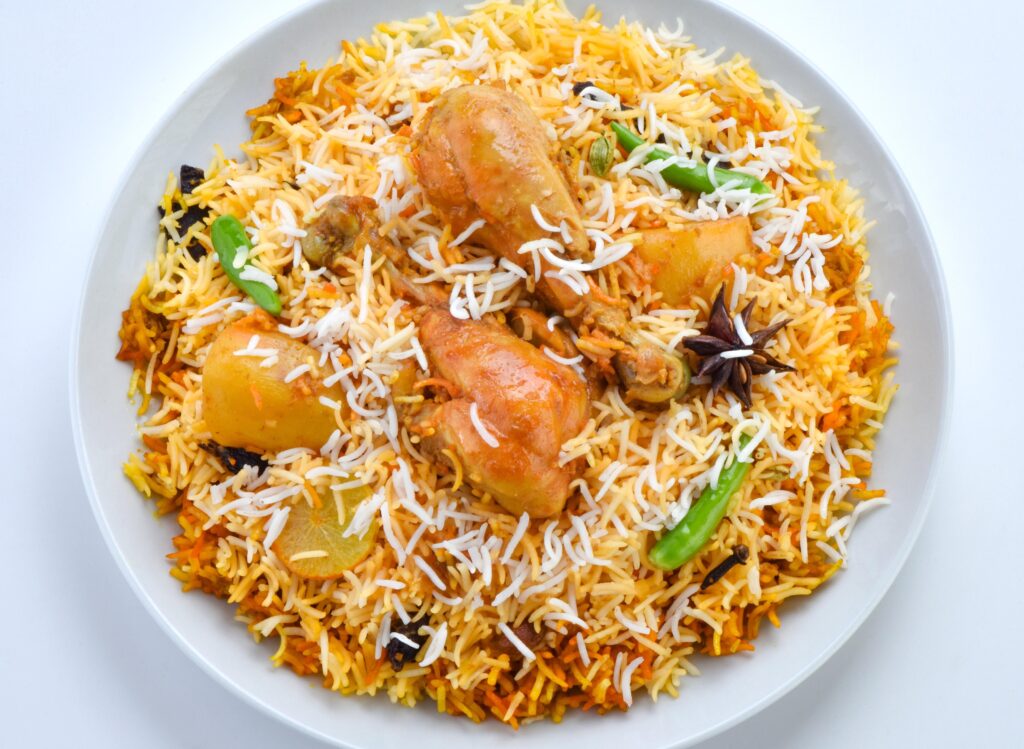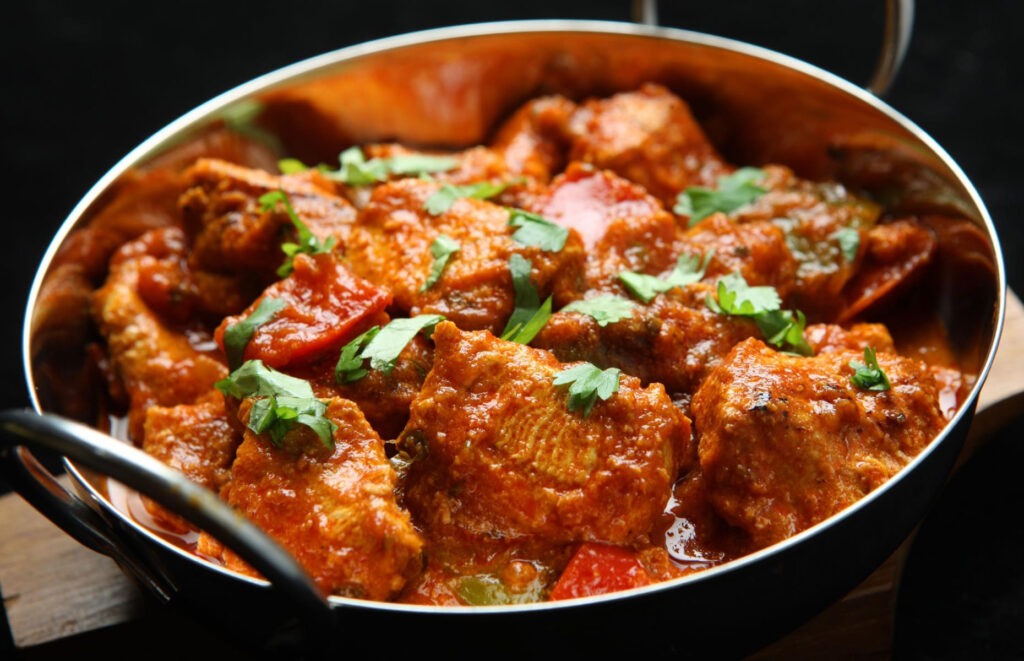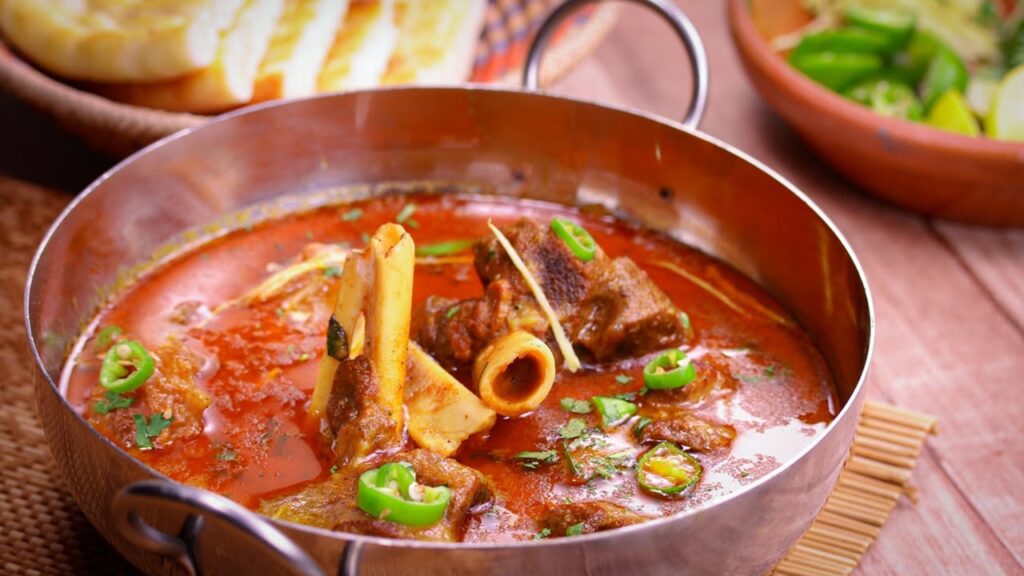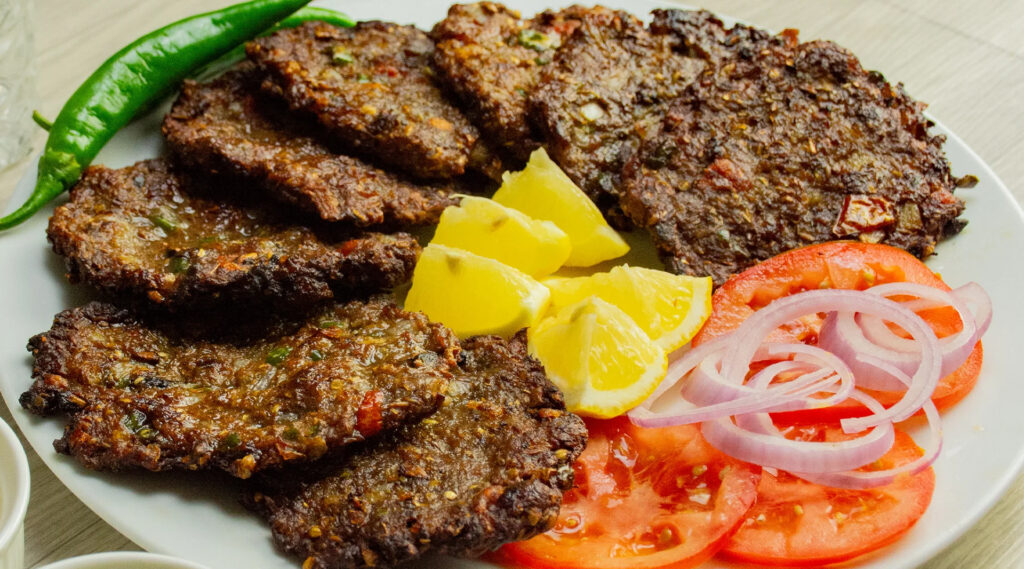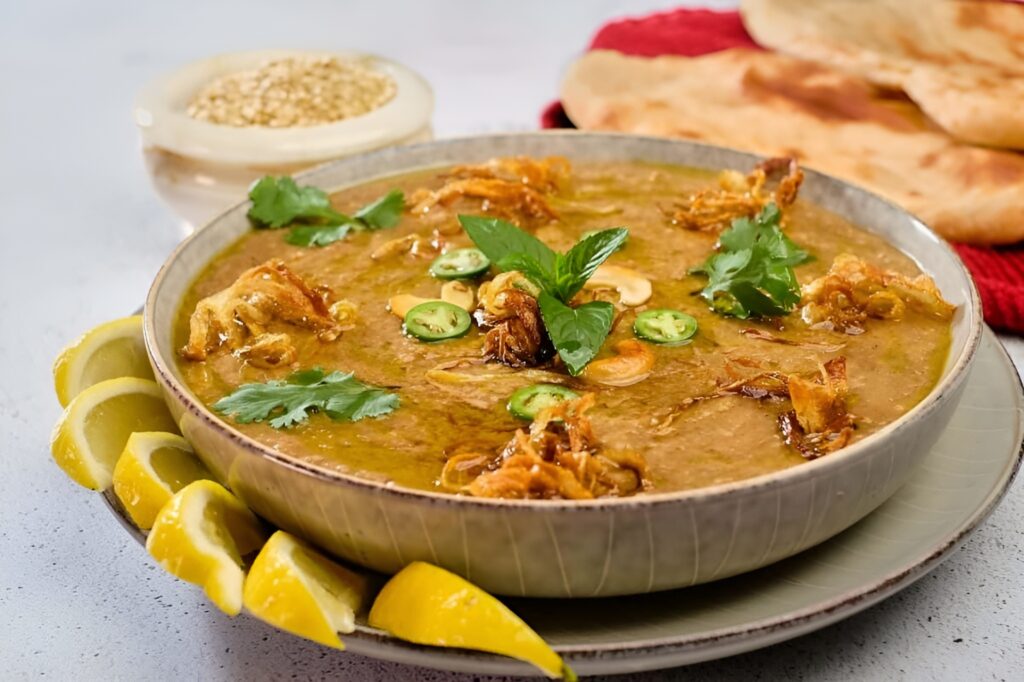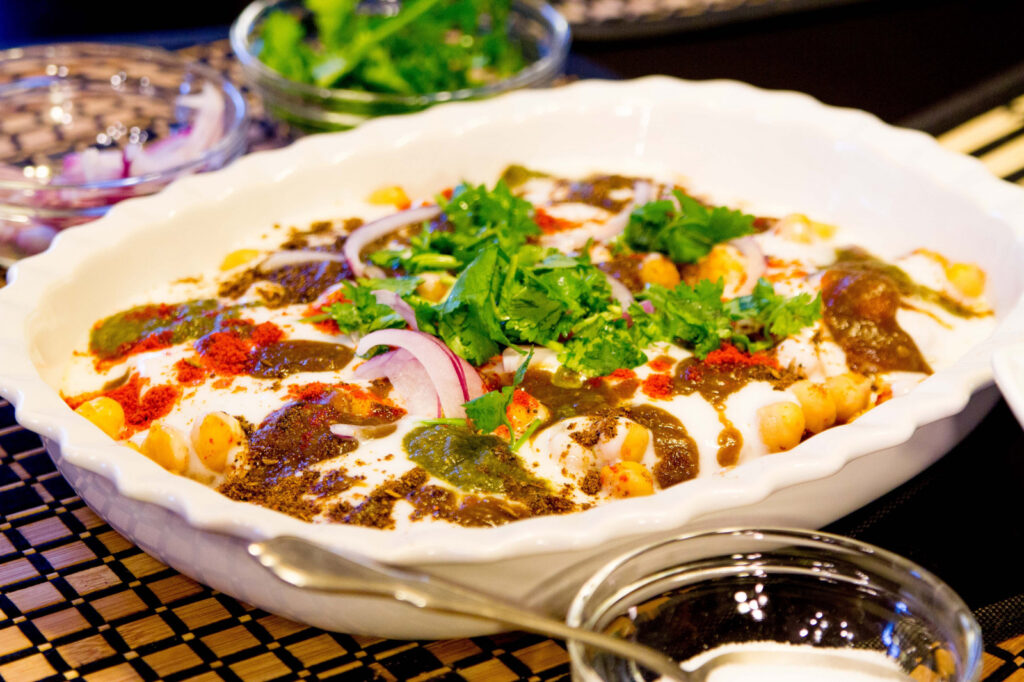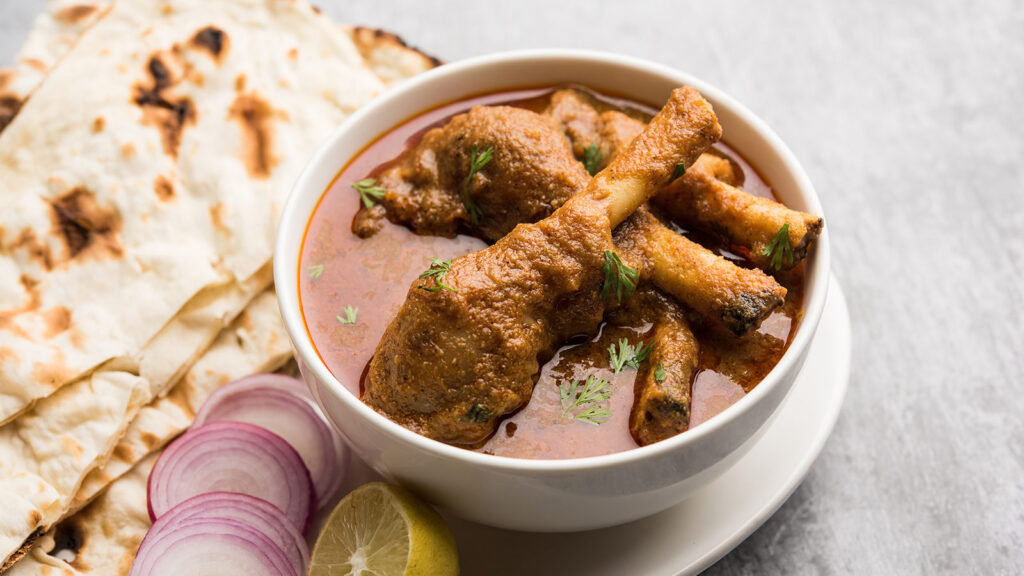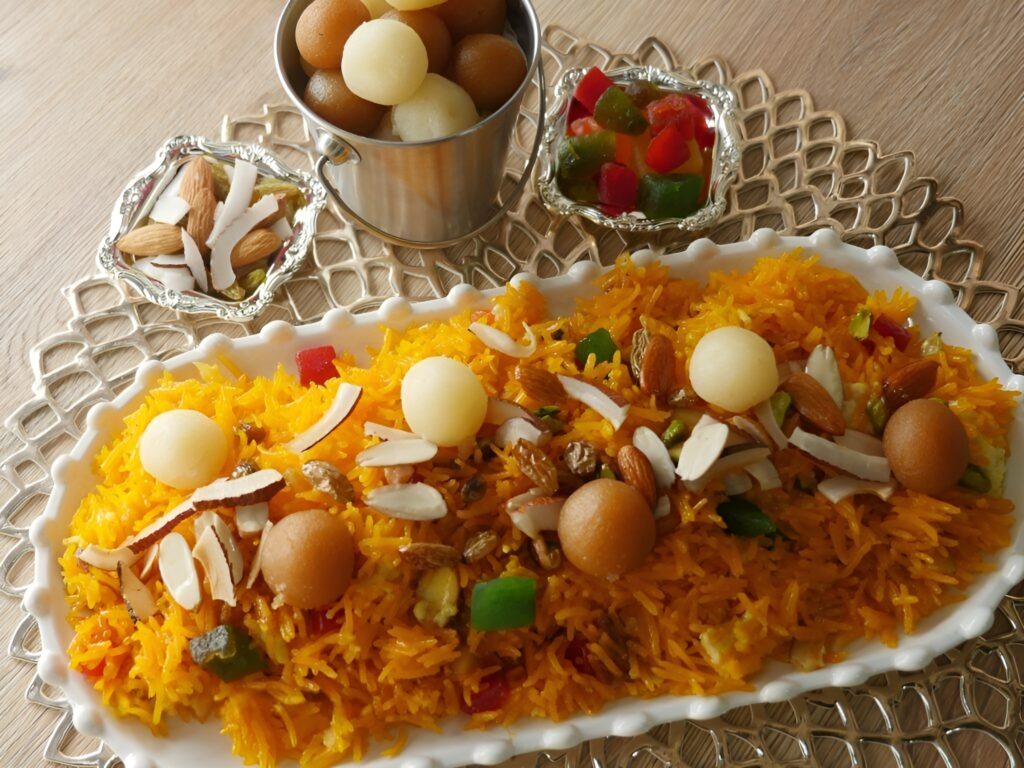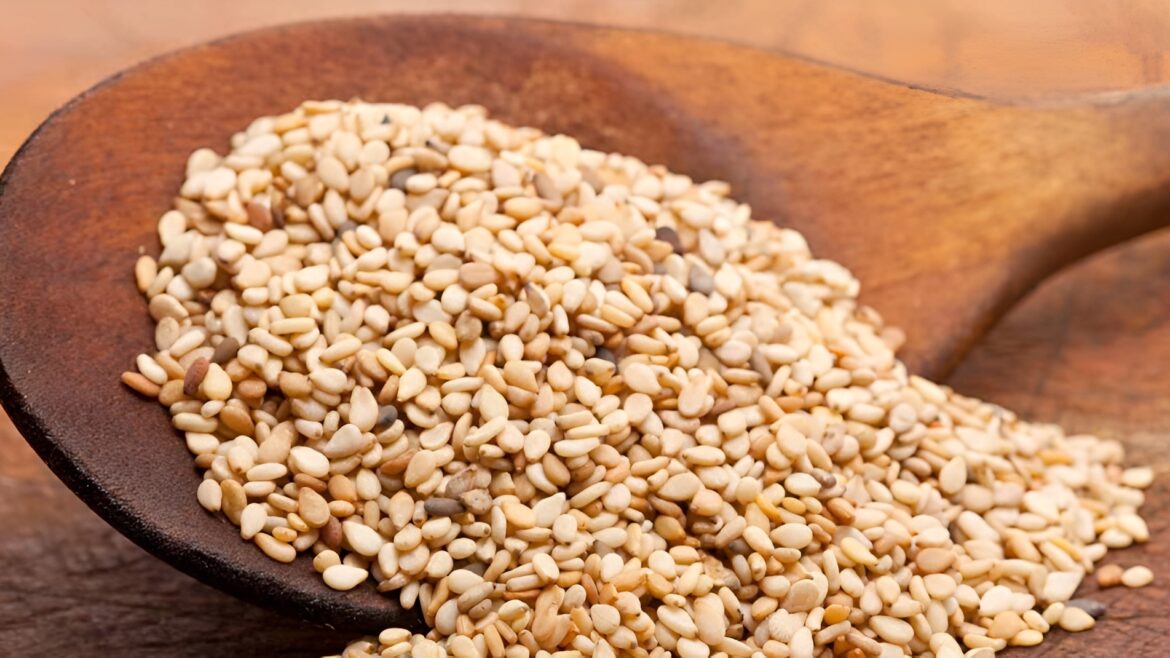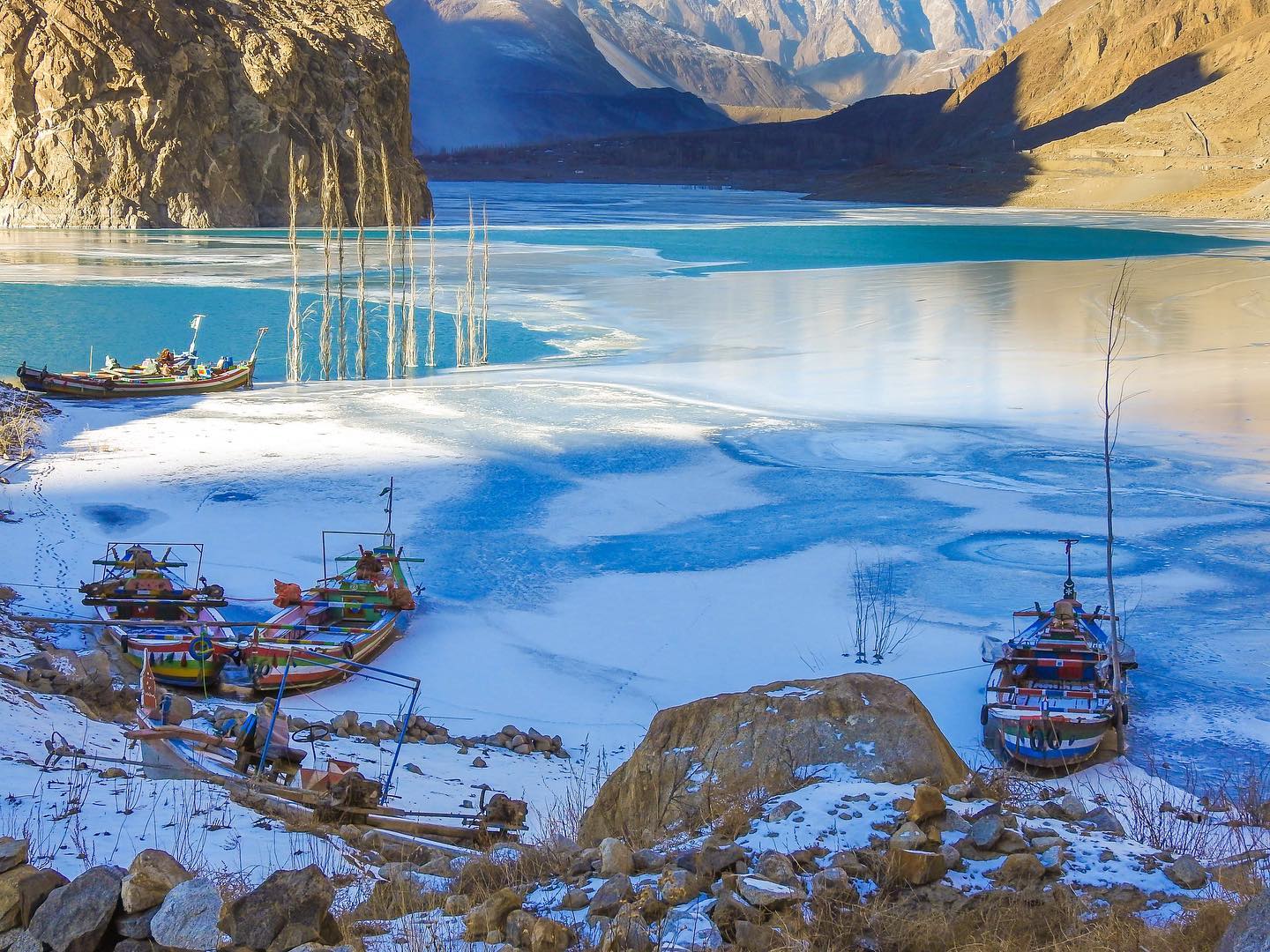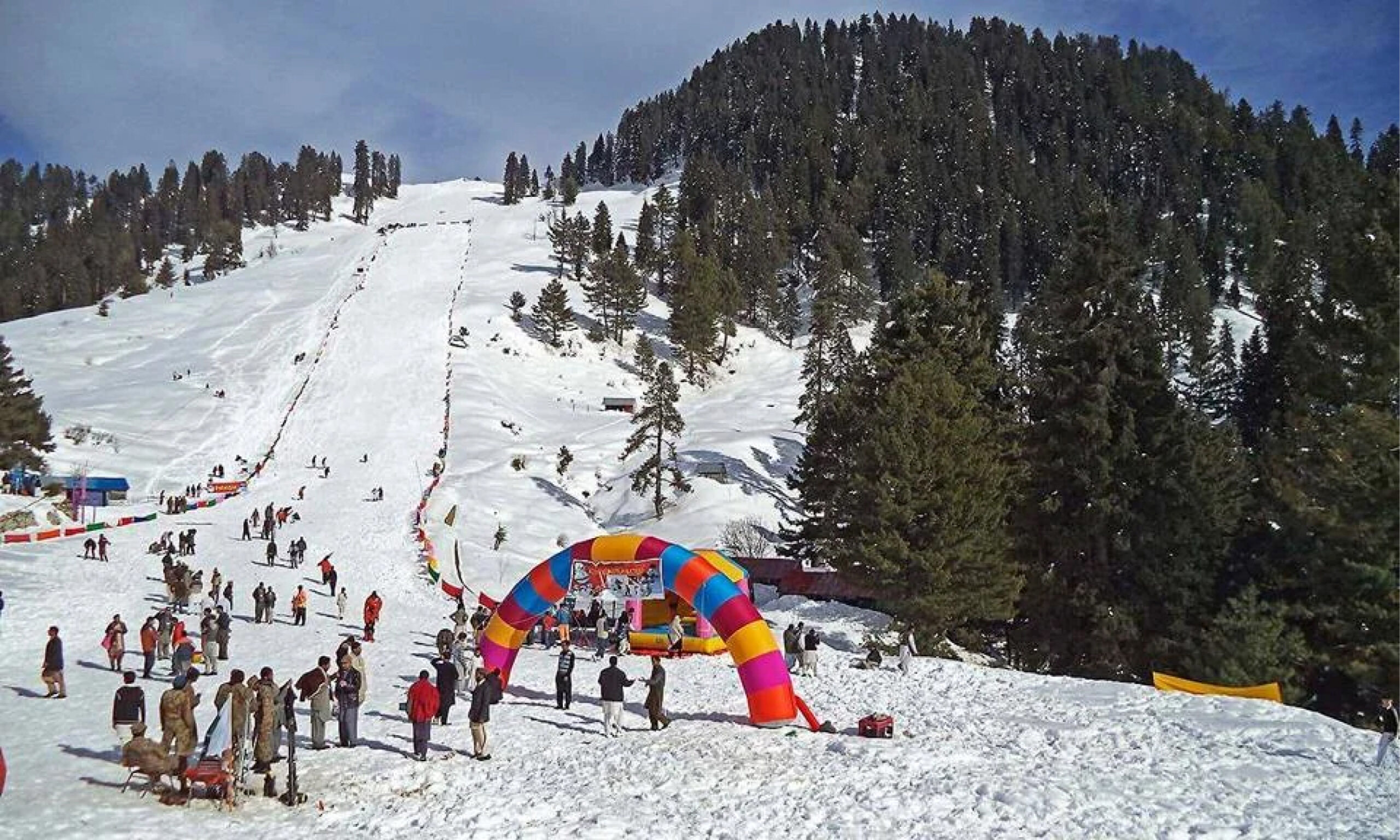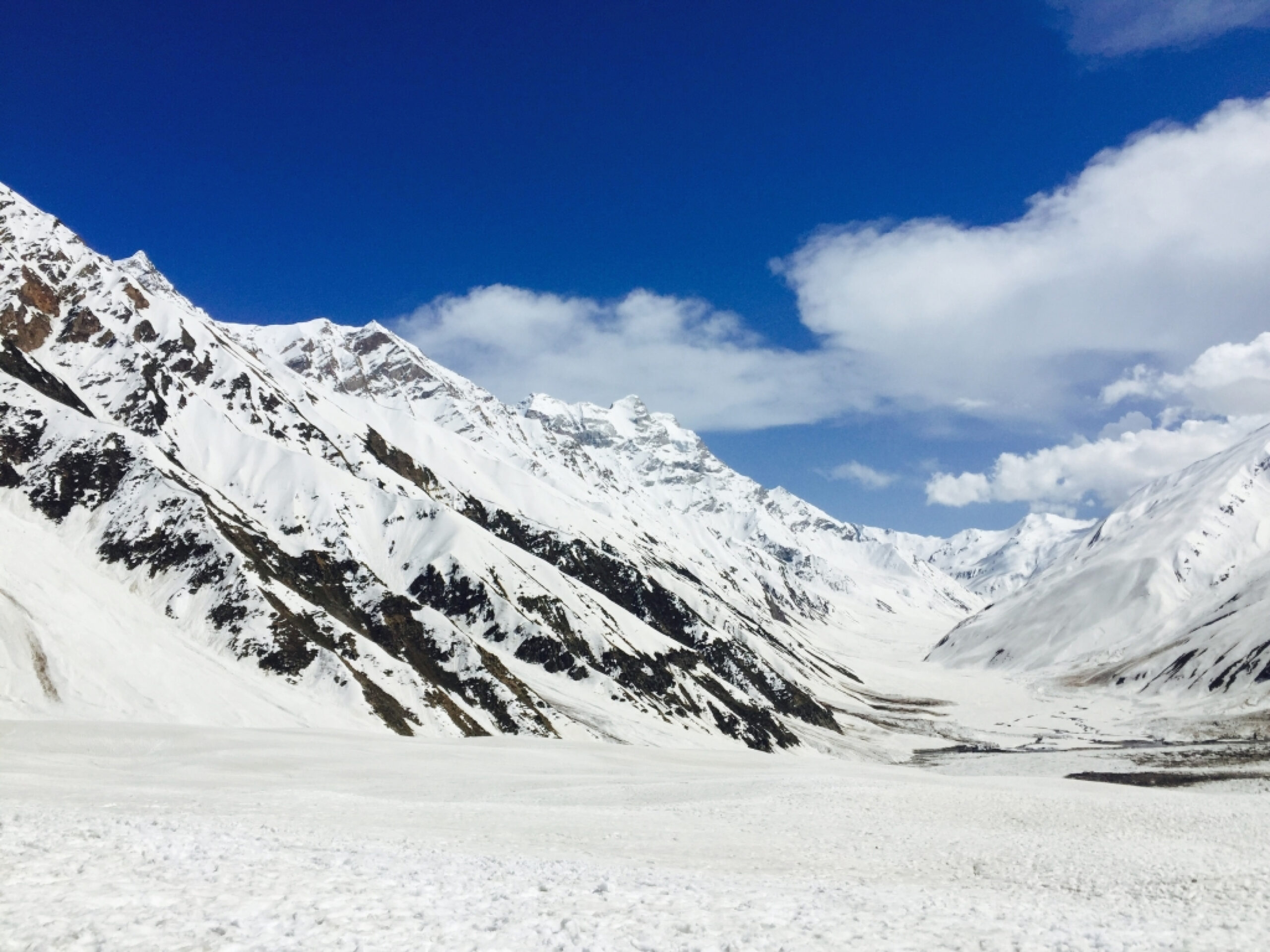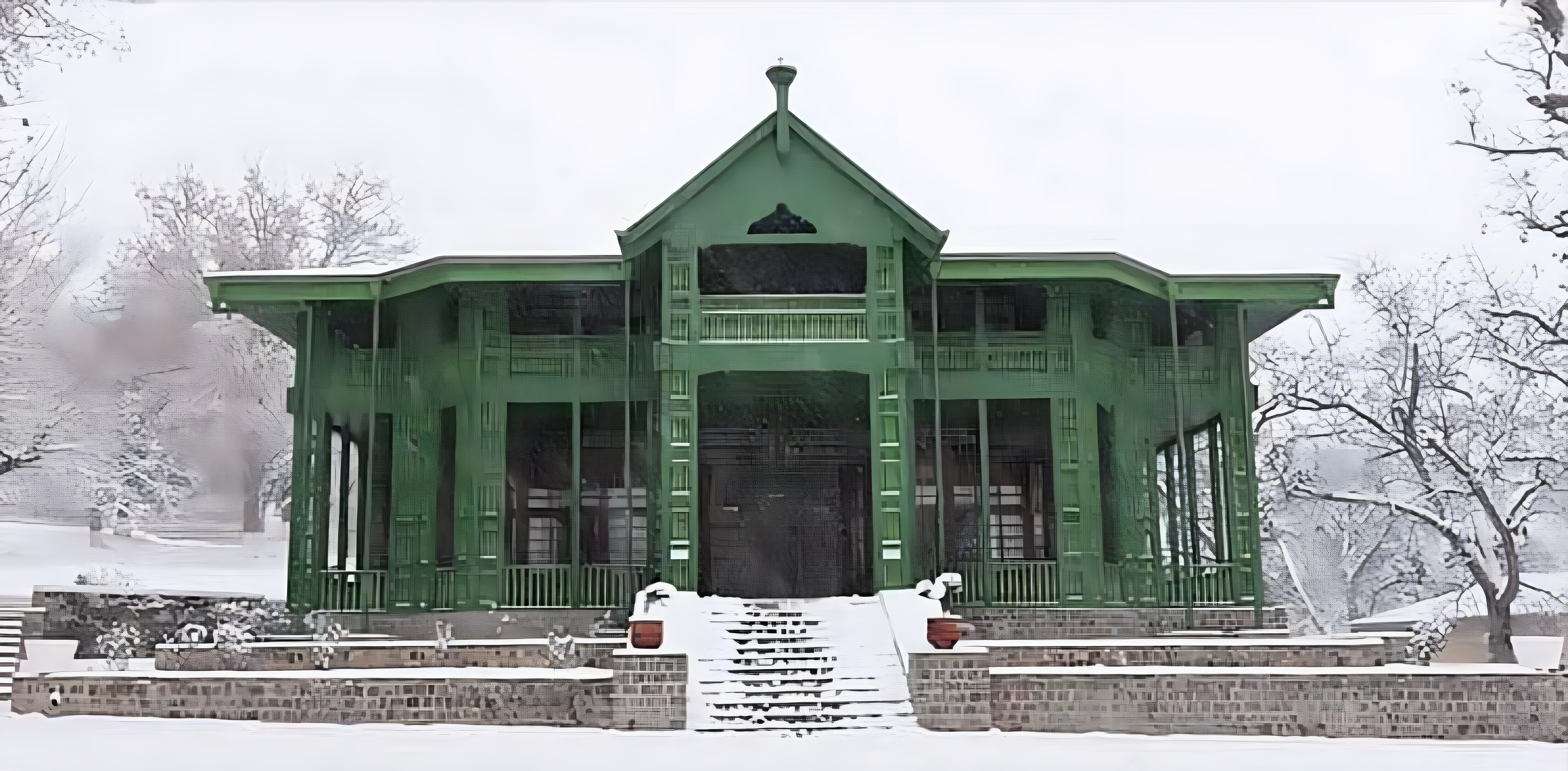In a landmark achievement, Mobilink Bank has been honored with the coveted Glomo Award at the Mobile World Congress (MWC) Barcelona 2024, recognized in the Best Use of Mobile for Social, Economic, or Environmental Development category. The accolade celebrates the bank’s innovative “Invisible Heirs” initiative, a visionary campaign designed to address systemic challenges around unclaimed inheritance in Pakistan, particularly impacting women and children.
Bridging the Gap in Inheritance Rights
Across Pakistan, countless families face the harsh reality of losing rightful inheritance due to inadequate legal documentation—a issue that disproportionately affects vulnerable groups. Mobilink Bank’s campaign tackles this problem head-on by leveraging mobile technology to simplify the process of legally documenting heirs. Through user-friendly digital tools, the initiative empowers individuals to secure their families’ financial futures, ensuring assets are transferred smoothly and lawfully.
Leadership Insights: A Commitment to Social Impact
Ghias Khan, CEO of Mobilink Bank, emphasized the campaign’s mission: “Invisible Heirs is more than a project—it’s a movement to dismantle barriers that perpetuate inequality. By harnessing mobile solutions, we’re enabling families to protect their legacies and fostering economic resilience for generations.”
Haaris Mahmood, Chief Marketing Officer, added: “This award underscores our belief in technology as a catalyst for societal progress. The campaign’s success reflects our dedication to creating inclusive solutions that uplift marginalized communities and drive meaningful change.”
A Legacy of Innovation
This marks Mobilink Bank’s second Glomo Award win, following its 2023 triumph for advancing digital inclusion. Back-to-back accolades highlight the institution’s leadership in merging fintech innovation with social responsibility, setting a benchmark for the industry.
Why This Matters
The “Invisible Heirs” initiative not only addresses a critical social issue but also demonstrates how financial institutions can play a transformative role in societal development. By prioritizing accessibility and equity, Mobilink Bank is redefining the intersection of finance and humanitarian impact.
As the bank continues to pioneer tech-driven solutions, its latest achievement reinforces Pakistan’s growing influence on the global fintech stage. Stay tuned for more groundbreaking endeavors from Mobilink Bank as they champion a future where technology serves as a bridge to justice and prosperity.
Explore how Mobilink Bank is reshaping finance for good—one innovation at a time.

